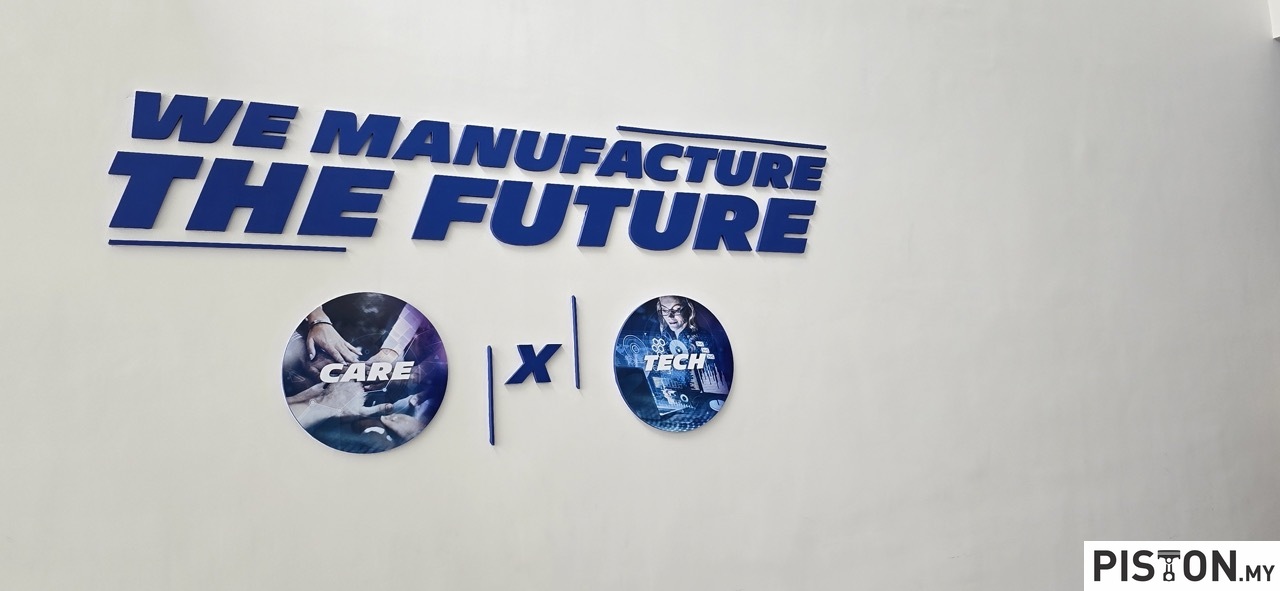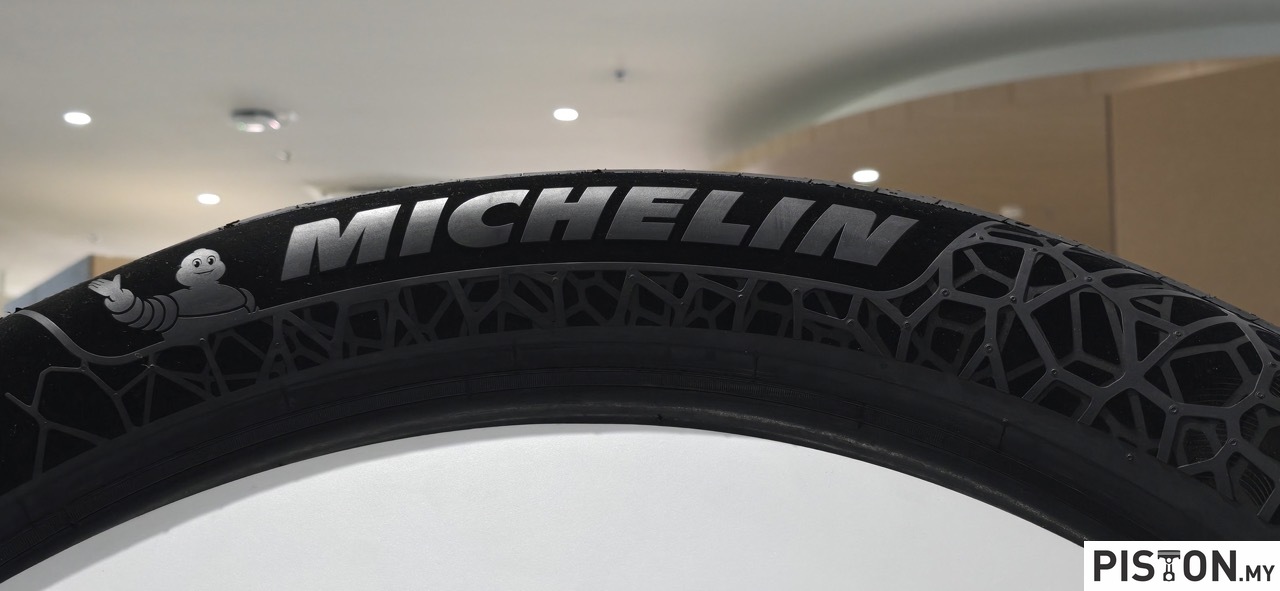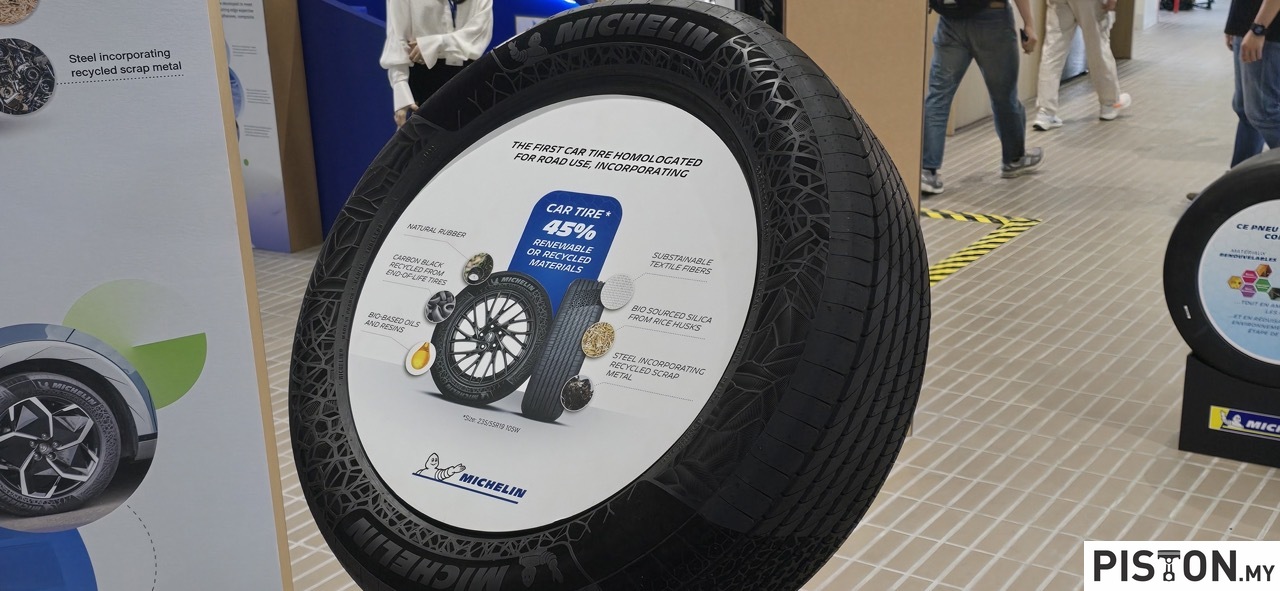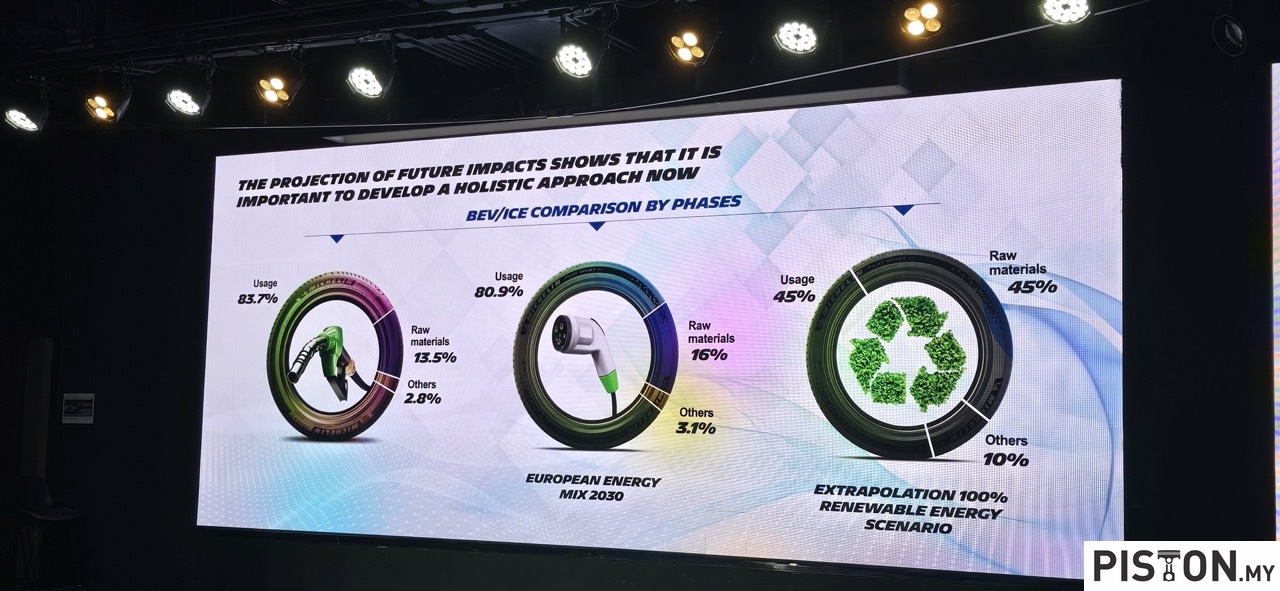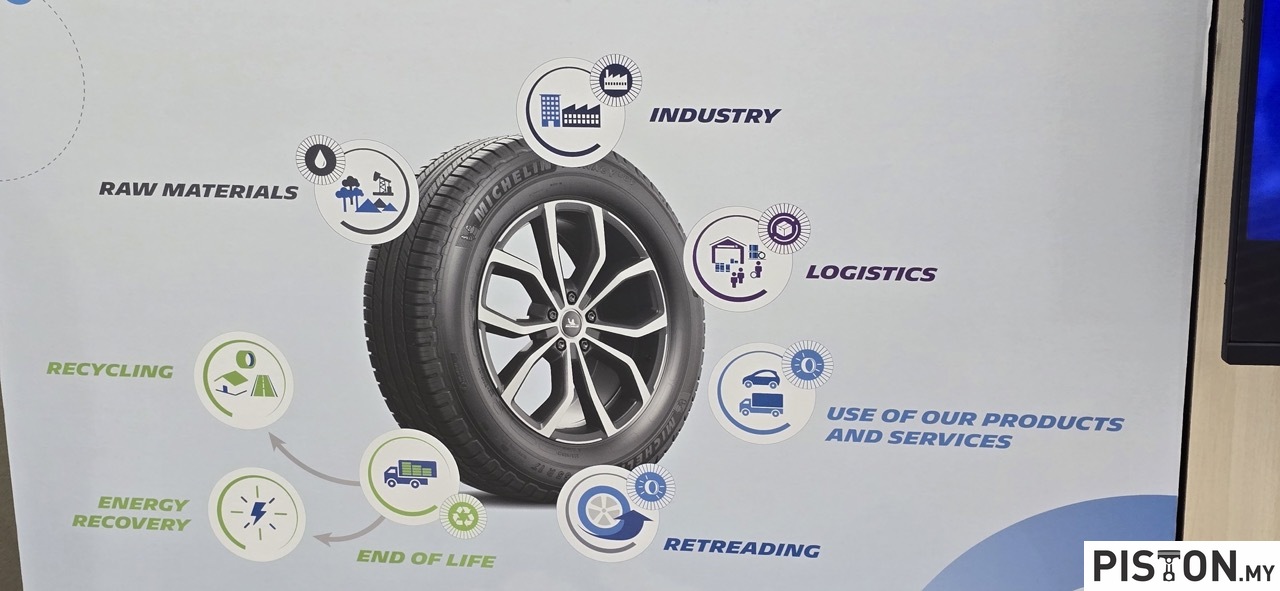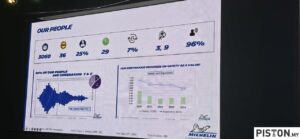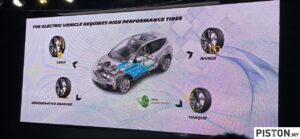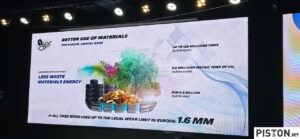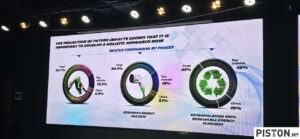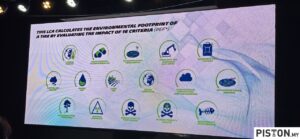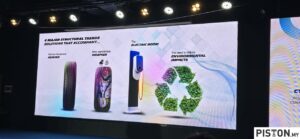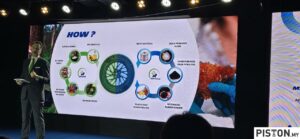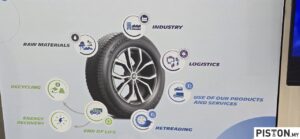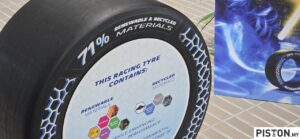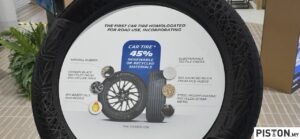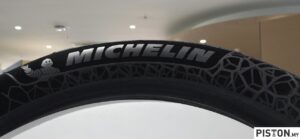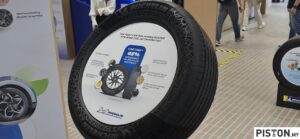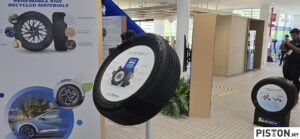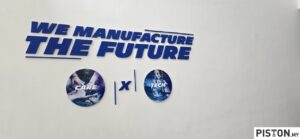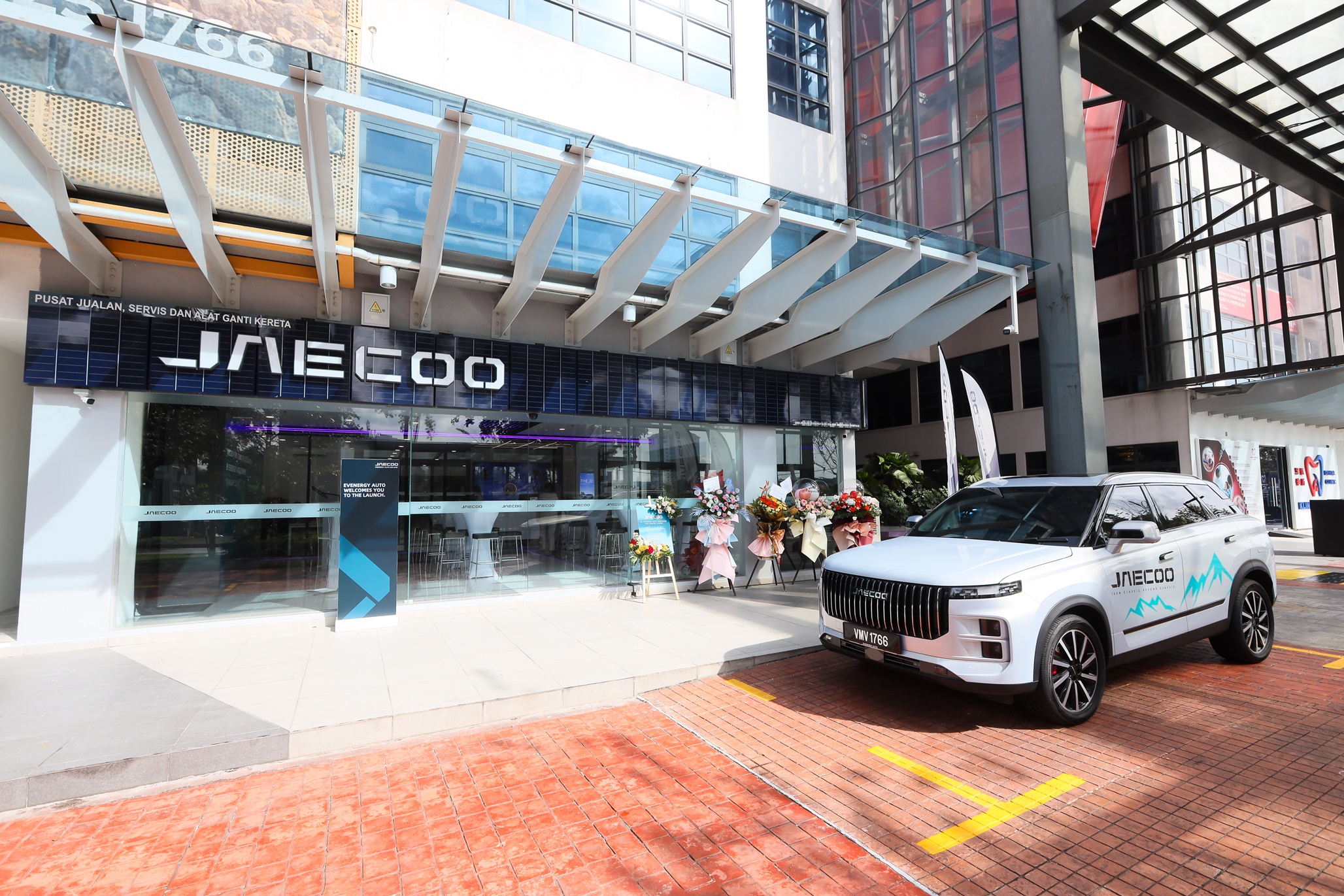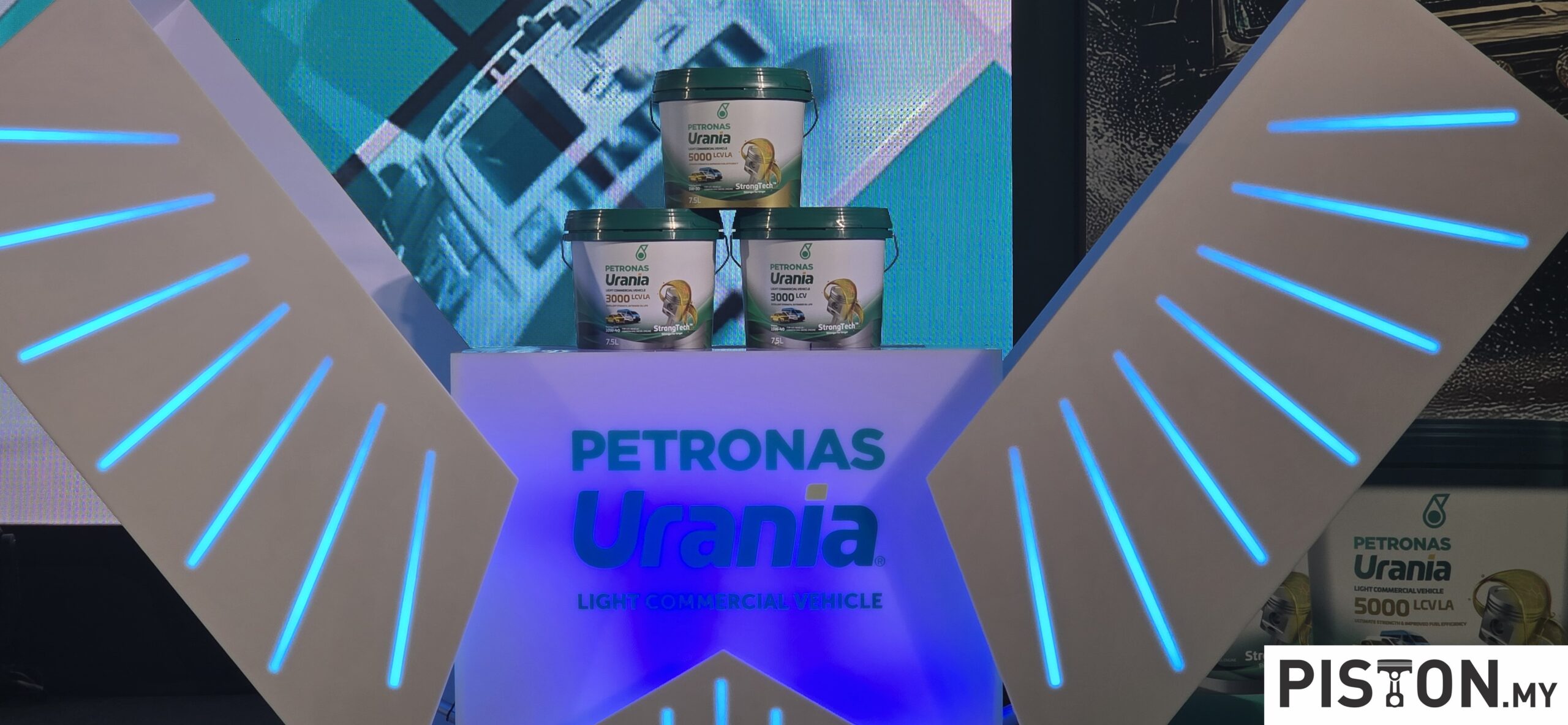Tyres are essential components of modern transportation, providing the crucial connection between vehicles and the road. Their role in safety, fuel efficiency, and overall vehicle performance is undeniable. However, as the automotive industry shifts towards sustainability, tyres are also being reimagined to meet environmental goals.
Michelin’s journey exemplifies how an established global brand can leverage innovation, technology, and a commitment to sustainability to address the environmental challenges of the 21st century. Beyond simply manufacturing tyres, Michelin has emerged as a leader in rethinking the role of its products within the broader context of climate change, resource conservation, and ecological balance. The company’s All-Sustainable Strategy—centred on People, Profit, and Planet—reflects a profound understanding of its responsibilities as a global industry player and its potential to drive meaningful change.
At the heart of Michelin’s approach is a commitment to creating a cleaner, greener future for transportation. Through groundbreaking efforts, such as integrating renewable and recycled materials, including natural rubber and rice husk silica, Michelin has set an ambitious goal of producing tyres made entirely from recycled and renewable materials by 2050. Its current advancements, including tyres that already feature up to 71% bio-sourced materials in racing models, illustrate how sustainability can coexist with high performance.
Michelin’s innovative strategies extend into its manufacturing processes. The transition from gas-operated curing machines to highly energy-efficient electric ones demonstrates its ability to address carbon emissions at every step of production. Additionally, Michelin’s focus on improving the energy efficiency of its tyres during their on-road lifecycle tackles the most significant source of environmental impact—an area accounting for 84% of a tyre’s footprint.
By implementing Life Cycle Assessments (LCAs) to measure environmental impacts across a tyre’s entire lifecycle and adopting eco-design principles, Michelin is laying the groundwork for a future where all its products and services will be eco-designed by 2030. This science-driven approach ensures that every step, from raw material sourcing to end-of-life treatment, contributes to minimizing health risks, conserving biodiversity, and mitigating climate change.
Michelin’s ambitions go beyond tyres. Its holistic vision, including sustainable gastronomy initiatives and its role in supporting electric vehicle ecosystems, demonstrates a multifaceted commitment to sustainability across various industries. Such initiatives highlight Michelin’s capacity to influence not only its own sector but also adjacent industries, showcasing how sustainability can become an integral part of global business practices.
As the automotive industry continues to evolve and environmental concerns grow, Michelin stands as a beacon of what is possible when innovation meets purpose. The company’s strategy, anchored in rigorous environmental science and a dedication to transformative solutions, underscores its role as a leader in shaping the future of mobility and sustainability. Michelin is not just innovating tyres—it is innovating a better, more sustainable future for the planet.




